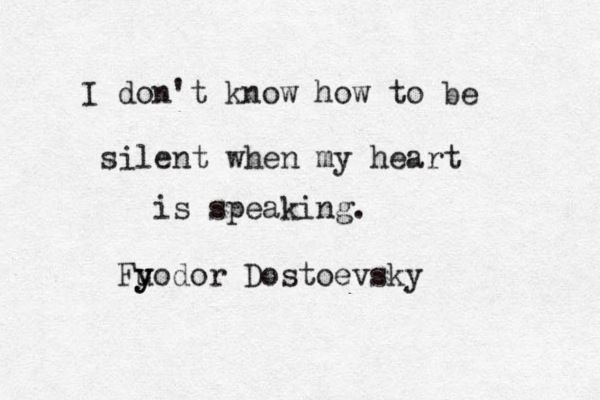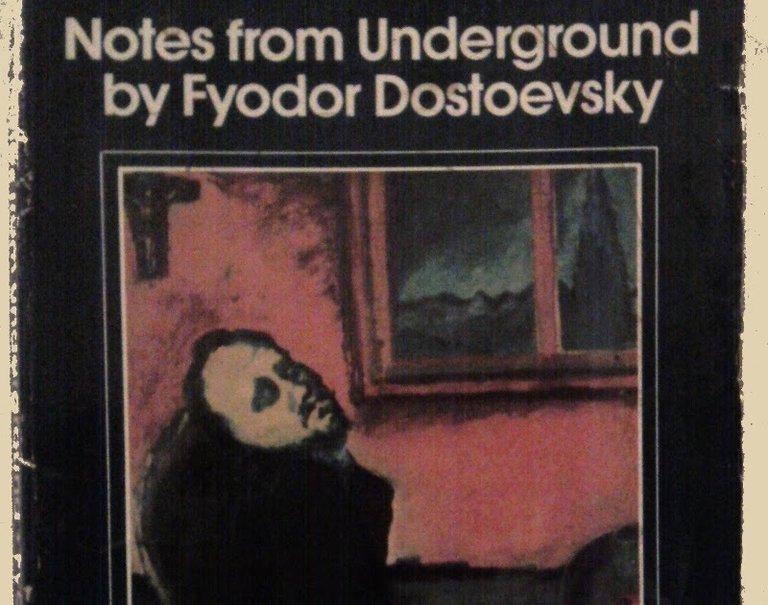
The Russian writer, philosopher and journalist is considered one of the greatest novelists in history and one of the most innovative artists of all time. Fyodor Mikhailovich Dostoevsky was one of the greatest personalities in Russian literature, regarded as the founder of Realism - a current contrary to the idealism of romantic literature.
His mother died when he was still very young and his father, the doctor Mikhail Dostoyevsky, was murdered by the settlers themselves on his rural estate in Daravoi, who considered him to be authoritarian. This fact had enormous influence on the future of the young Dostoevsky and motivated the controversial article of Freud: "Dostoevsky and Parricide". In St. Petersburg, Dostoevsky studied engineering at a military school and gave himself over to the great writers of his day. Epileptic, had his first crisis after learning that his father had been murdered. His first literary production, at age 23, was a translation of Balzac (Eugénie Grandet). The following year he wrote his first novel, "Poor People," which was well received by the public and critics.
In 1849 he was arrested for participating in subversive meetings in the house of a revolutionary, and sentenced to death. At the last moment, he had the sentence commuted by Nicholas 1o and spent nine years in Siberia, four in the Omsk prison and five more as a private. He described the terrible experience in the book "Memories of the House of the Dead" and in "Memories of the Underground".
He also published short stories and novels. It created two literary magazines and still collaborated in the main organs of the Russian press. His definitive recognition as a universal writer came only after the 1860s, with the publication of the great novels: "The Idiot" and "Crime and Punishment." His latest novel, "The Brothers Karamazov," is regarded by Freud as the greatest novel ever written.
In his works he dealt with topics such as pathological behaviors, great human tragedies, social situation, poverty and everyday life of the society of the second half of the nineteenth century. According to the writer "To suffer and to cry means to live".
Know some of his literary works:
Poor Folk
Dostoevsky's first novel Poor Folk (1846) is not only a harbinger of what the author of Crime and Punishment would do in the future. In him there is already a writer with full control of his craft, to the point of Bielinsky, the main critic of the time, to see in the work "mysteries and characters of Russia with which no one until then had even dreamed" and "the first attempt to make a social novel "in the country. Departing from Puchkin's experiments in "The Season's Chief," and Gogol's "O capote," which gave the common man a new literary garb, Dostoevsky created an epistolary narrative that subverted the genre completely and was immediately acclaimed by the public , making of its author, practically overnight, a consecrated writer.

Humiliated and Insulted
Placed by Criticism among Dostoevsky's most notable novels, Humiliated and Insulted is a striking and profound portrait of life in large cities. Written to be published in the newspaper, his agile narrative draws the reader from beginning to end, enveloping him in an atmosphere of great psychological tension. History, whose main characters are an impoverished family, a prince and a writer, shows how fortune and power, allied with cleverness, can completely dominate human relations.

Notes from Underground
Written at the head of his wife's death, in a situation of acute financial need, Notes from Underground condenses one of the most important moments of Western literature, bringing together various themes that will reappear later in the last great novels of the Russian writer. Here the voice of the underground man resounds, the character-narrator who, by the force of paradoxes, invests fiercely against everything and against all - against science and against superstition, against progress and against backwardness, against reason and unreason -; but it invests, above all, against the soil of one's own consciousness, creating a unique narrative, of very high poetic voltage, which affirms and denies itself successively. It is not by chance that many have seen in this book a prefiguration of Freud's ideas about the unconscious. Nietzsche himself, when reading it for the first time, wrote to a friend - "The voice of blood (as I put it another way?) Made itself heard immediately and my joy had no limits."

Know all the books of the author

You just received a 13.14% upvote from @honestbot, courtesy of @honshu!

You got a 40.81% upvote from @ptbot courtesy of @honshu!
Delegate STEEM POWER and start earning 100% daily payouts ( no commission ).
Visit https://ptbot.ga for details.
Congratulations @honshu! You have completed the following achievement on Steemit and have been rewarded with new badge(s) :
Click on the badge to view your Board of Honor.
If you no longer want to receive notifications, reply to this comment with the word
STOPDo not miss the last post from @steemitboard:
SteemitBoard and the Veterans on Steemit - The First Community Badge.